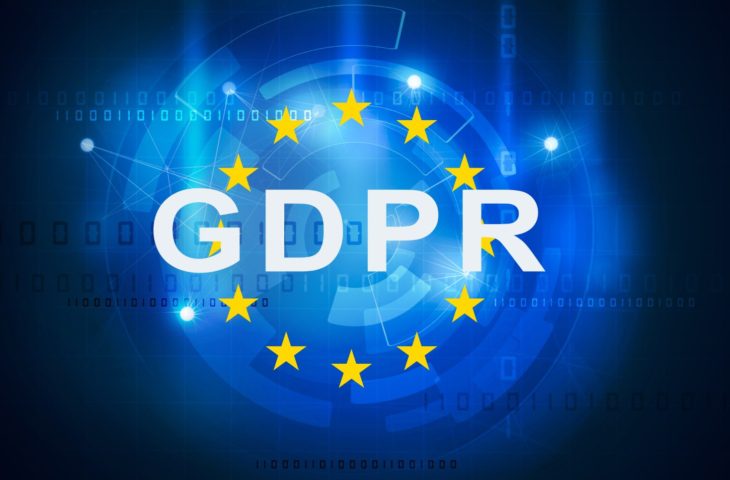An American study concludes that GDPR guidelines will increase the cost of storing customer data by twenty percent. European companies are therefore more economical with the amount of data they store.
The GDPR has been in effect for several years. An American study is now trying to show what financial costs companies incur in complying with the rules. Previous studies found GDPR compliance could cost large companies up to €70 million.
The conclusion of this research confirms that GDPR will result in higher data storage costs, by an average of twenty percent compared to data storage costs in the United States. For “data-intensive” industries such as the software industry, the cost increase is even higher at 24 percent. The GDPR law is also associated with higher costs for data processing, although the impact is significantly lower at four percent.
Economical with data
Due to the higher costs of data storage and processing, European companies use data more sparingly than their American counterparts. On average, companies in Europe store up to 26 percent less data about their customers and also process fifteen percent less data. The GDPR therefore makes it somewhat more difficult, if not more expensive, for companies to be completely “data-driven”.
The authors certainly do not want to take a position against the GDPR law. The conclusion states that the research is “entirely independent of the benefits that consumers receive from the provision of information through the GDPR or the added value that arises from the increased data protection that such a law brings.” The GDPR has indeed ensured that companies handle consumers’ personal data more carefully or face severe penalties for non-compliance. In this respect, the law has certainly not exceeded its purpose.














